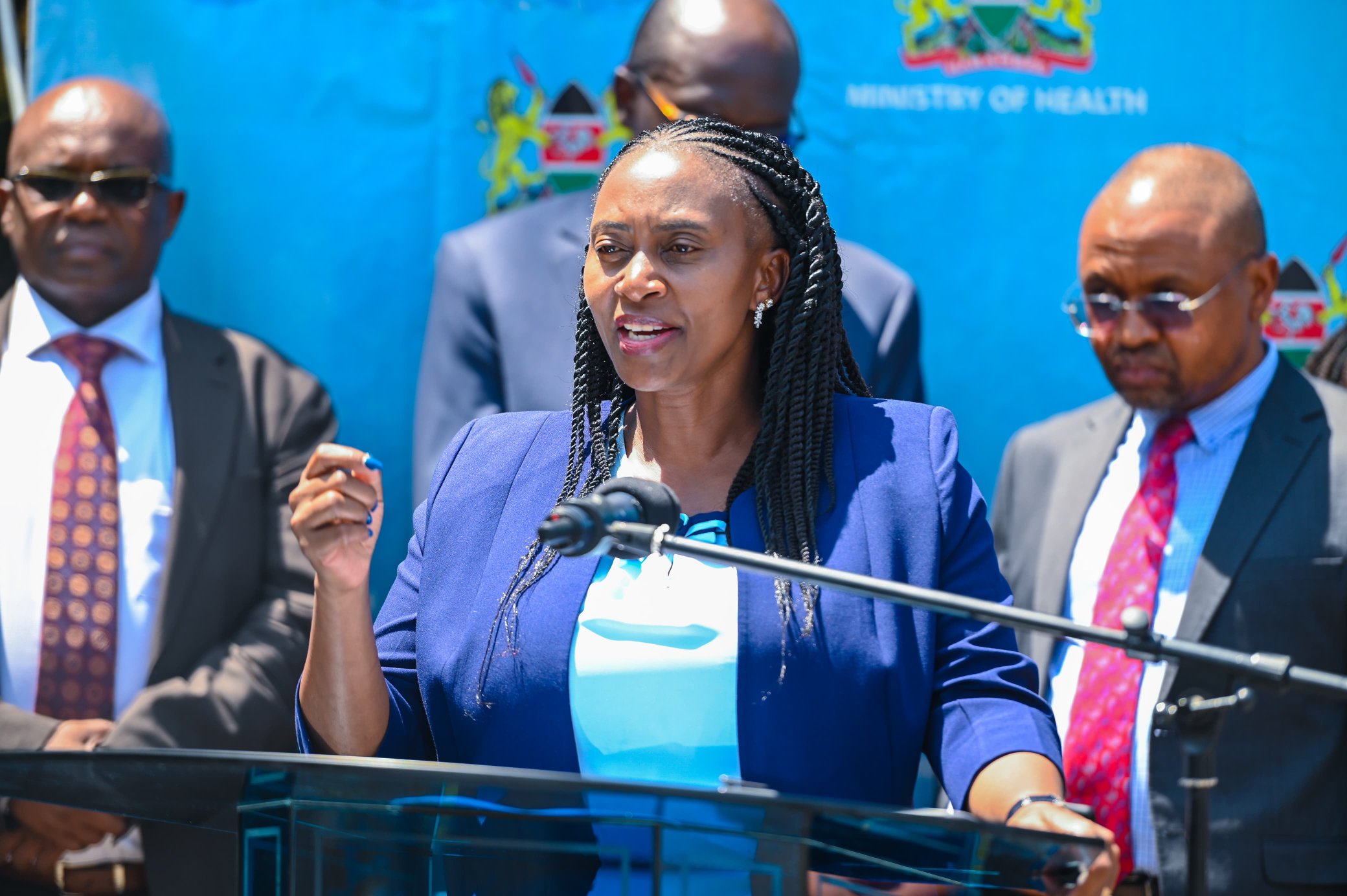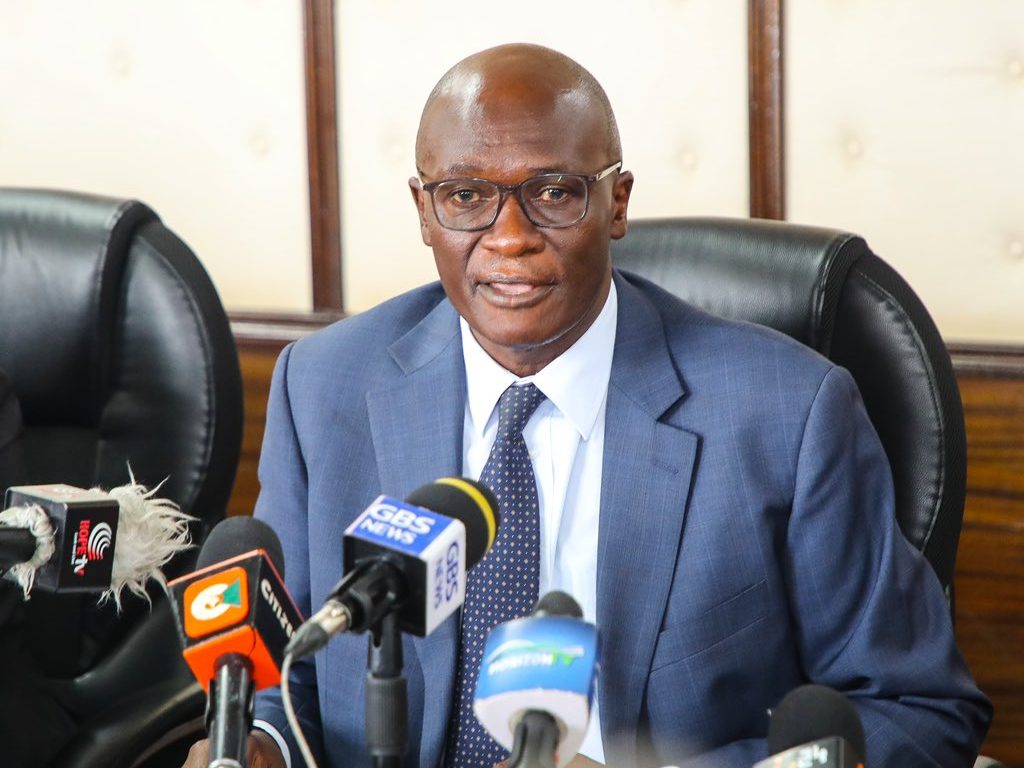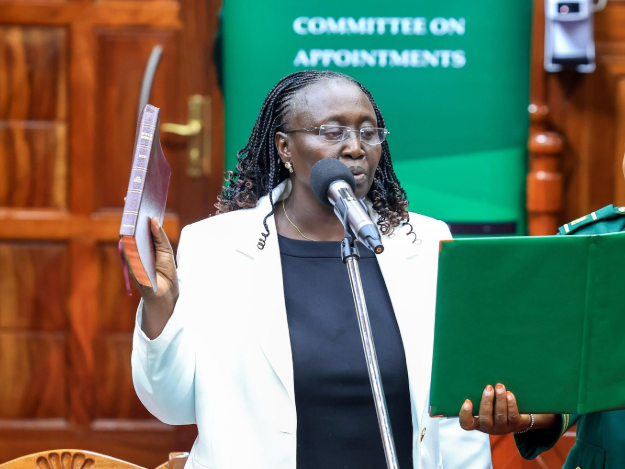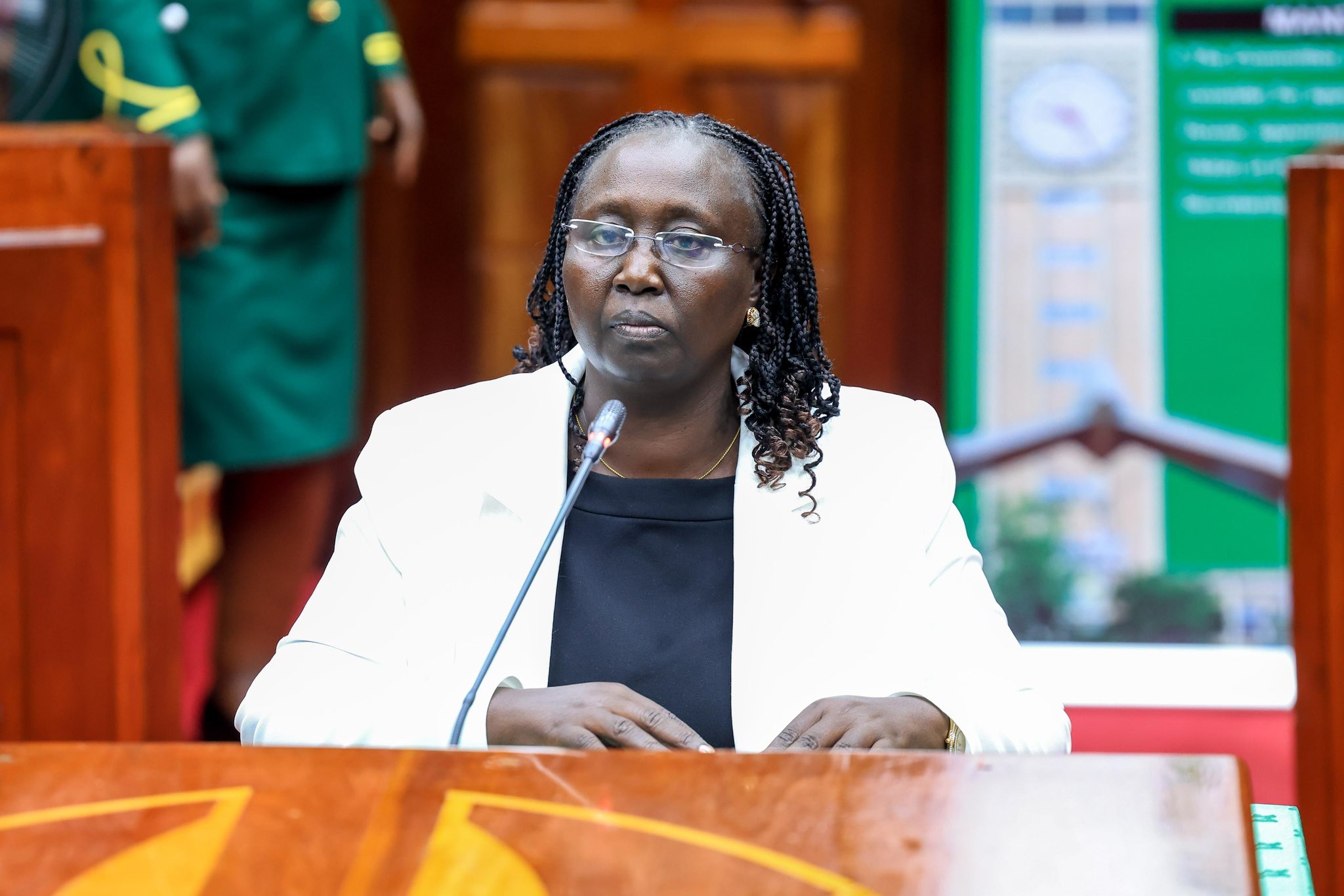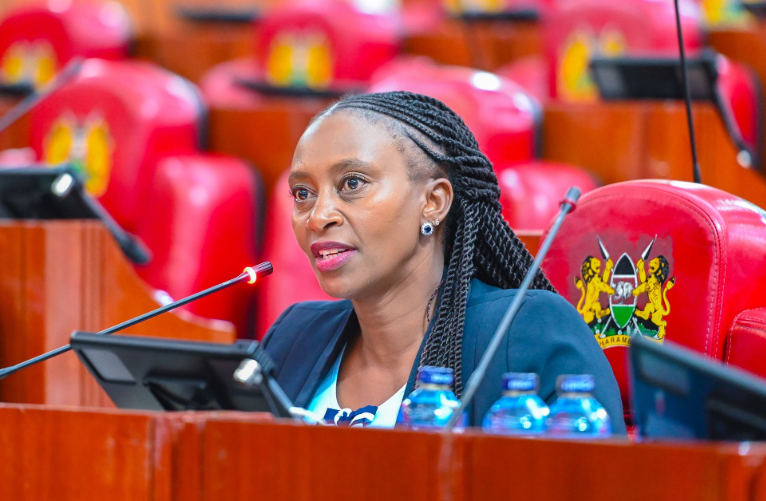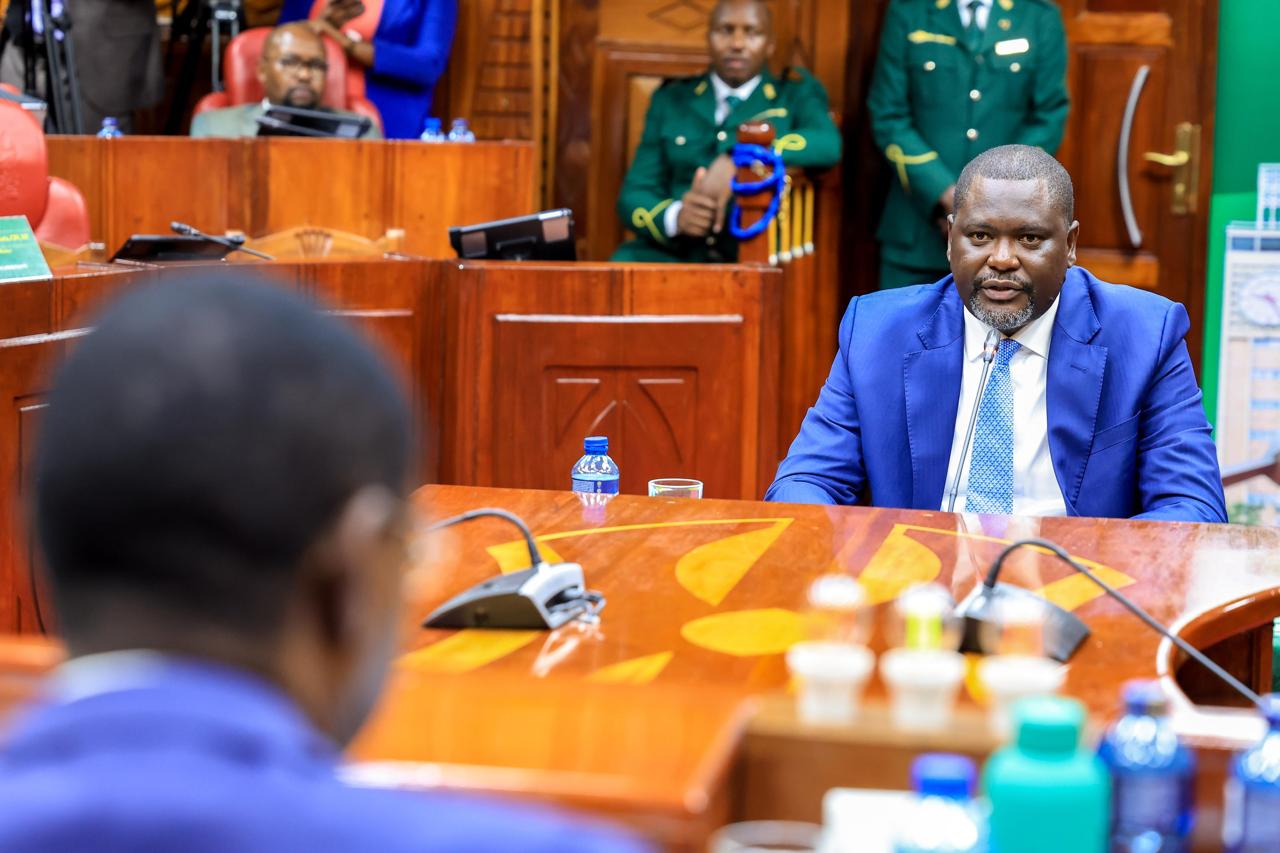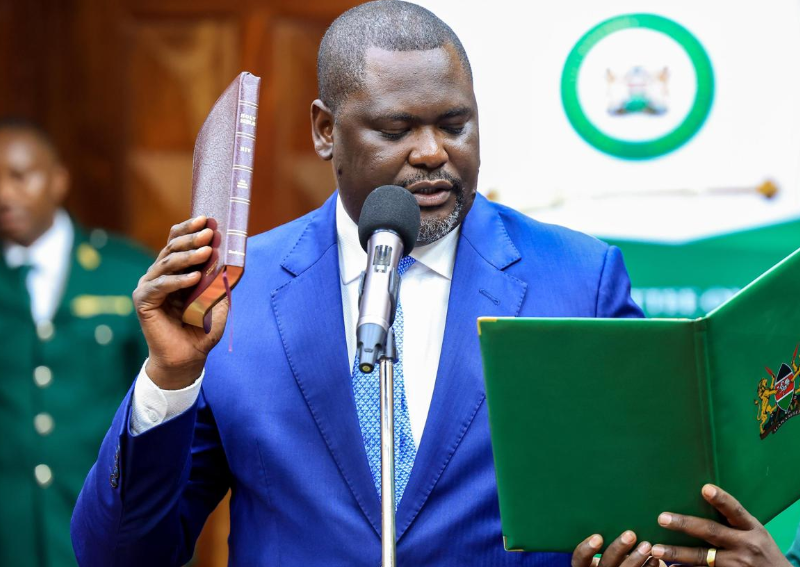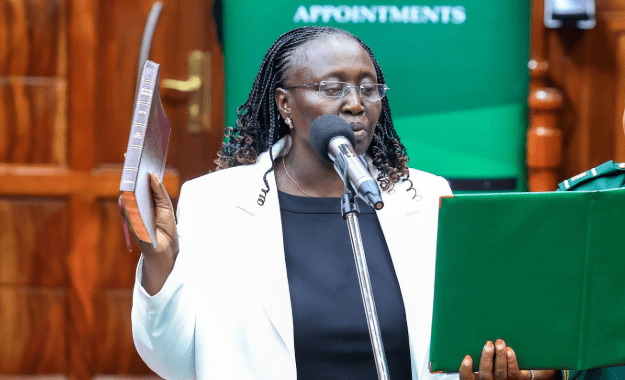Ministry of health urges caution amid rising Mpox cases in Kenya
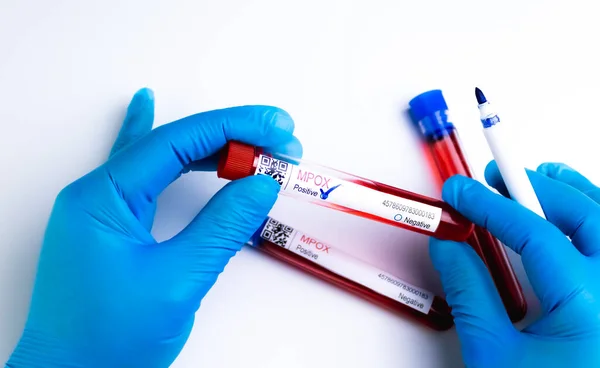
As the festive season brings Kenyans together, the Ministry of Health has issued a pressing advisory urging heightened vigilance against the spread of Mpox (formerly known as monkeypox).
This comes amid reports of two new laboratory-confirmed cases, bringing the total number of cases nationwide to 31 since the outbreak began.
The newly confirmed cases were detected in Nakuru and Mombasa counties, which are among the hardest-hit regions.
Nakuru has recorded the highest number of cases at 10, followed by Mombasa with 8, and Nairobi with 2.
“The Ministry would like to inform the public of two (2) additional laboratory-confirmed cases of Mpox reported in Nakuru (1) and Mombasa (1) Counties. This brings the total number of confirmed cases to Thirty-One (31) since the outbreak began.
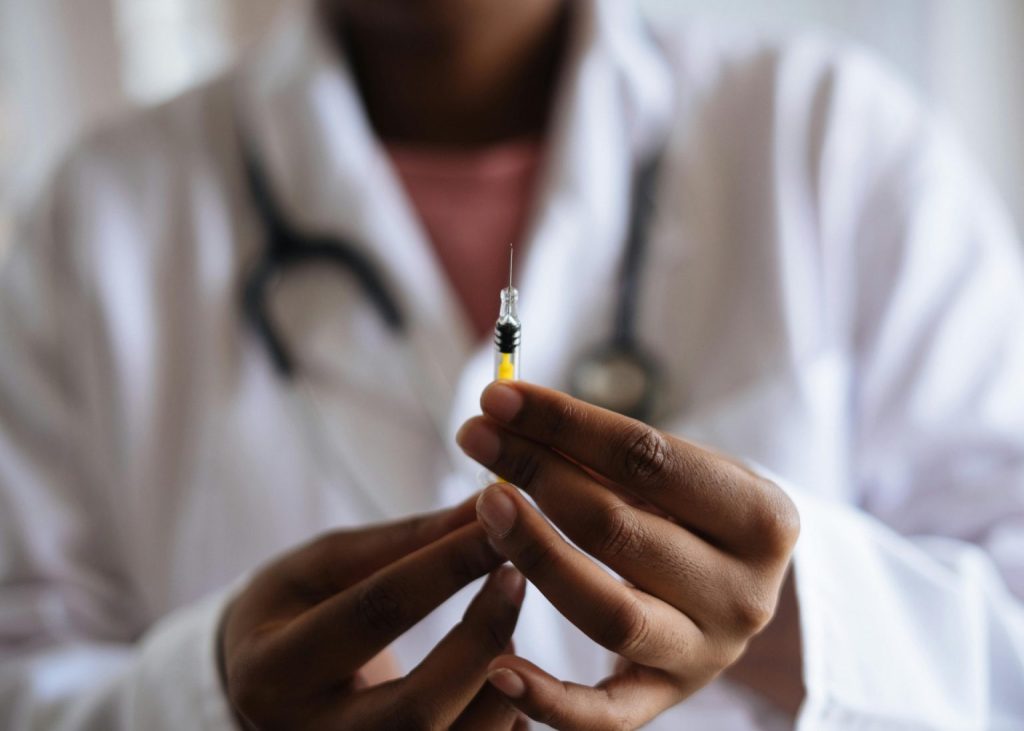
“These cases have been reported across 12 counties, with the highest numbers in Nakuru (10 cases), Mombasa (8 cases), and Nairobi (2 cases). A total of 217 contacts have been identified, 204 of whom have been monitored for 21 days. Nine (9) contacts tested positive for Mpox, and four (4) contacts are still being followed up,” the Ministry of health said in a statement on Monday, December 30, 2024.
Public Health and Professional Standards Principal Secretary Mary Muthoni reaffirmed the Ministry’s commitment to safeguarding public health.
“We appreciate the continued efforts shown by the public in combating this outbreak and safeguarding the well-being of our nation,” she said in the statement.
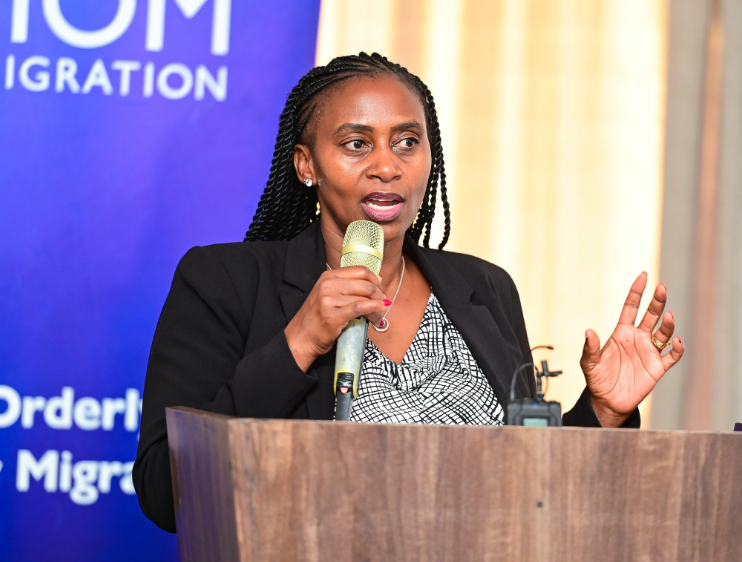
Current status of Mpox outbreak
The outbreak has spread across 12 counties, prompting extensive monitoring and containment efforts.
Health officials have identified 217 close contacts, 204 of whom have completed the recommended 21-day monitoring period.
However, nine contacts have tested positive, and four remain under active follow-up.
To date, over 2.6 million travelers have been screened at key Points of Entry, with suspected cases undergoing further investigation. Of the 351 samples tested nationwide, 31 returned positive, reflecting a positivity rate of 8.8%.
“Over 2.6 million travelers have been screened at the Points of Entry, and suspected cases are identified for further investigation. Suspected Mpox samples continue to undergo testing at the National Public Health Laboratory (NPHL) and other partner laboratories, with 351 samples tested so far, of which 31 were positive (positivity rate of 8.8%),” the statement added.
In collaboration with partner organizations, the Ministry has dispatched multidisciplinary rapid response teams to affected counties.
These teams are conducting active case searches, contact tracing, and symptomatic management, including mental health and psychosocial support for affected individuals.
Public education campaigns are also ongoing to inform communities about prevention and control measures.
Public health guidelines for festive season
The Ministry has issued a set of recommendations aimed at curbing the spread of Mpox during the holiday season:
1. Avoid close skin-to-skin contact with individuals who exhibit rash-like symptoms.
2. Do not share personal items such as bedding, towels, or clothing with infected persons.
3. Wash hands frequently with soap and water or use alcohol-based hand sanitisers.
4. Avoid touching the face, particularly the eyes, nose, and mouth.
5. Refrain from consuming uninspected meat products or handling wild animals.
6. Reduce the number of sexual partners and practice safe sex to lower risk.
Kenyans are urged to isolate and seek immediate medical attention if they develop a rash or other symptoms consistent with Mpox.
Travellers and individuals in contact with infected persons are encouraged to provide detailed information to healthcare providers.
Call for community cooperation
In her closing remarks, Public Health PS Mary Muthoni emphasized the importance of community collaboration.
“Let us continue to work together to combat this outbreak and safeguard our communities,” she said.
For accurate information and updates, the Ministry directs the public to its official website (www.health.go.ke) and hotlines (719, 0729 471 414, 0732 353 535).
Author
Martin Oduor
The alchemist of literary works - a master wordsmith with a proven record of transforming the raw materials of language into a rich tapestry of emotion, thought, and imagination.
View all posts by Martin Oduor